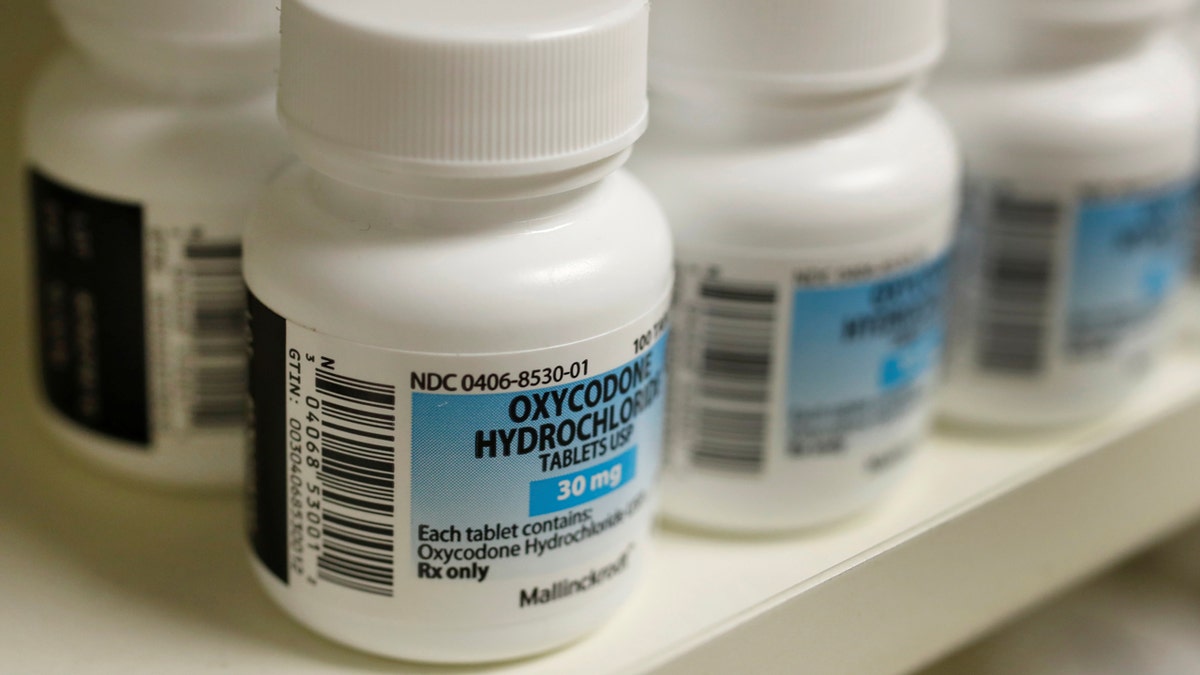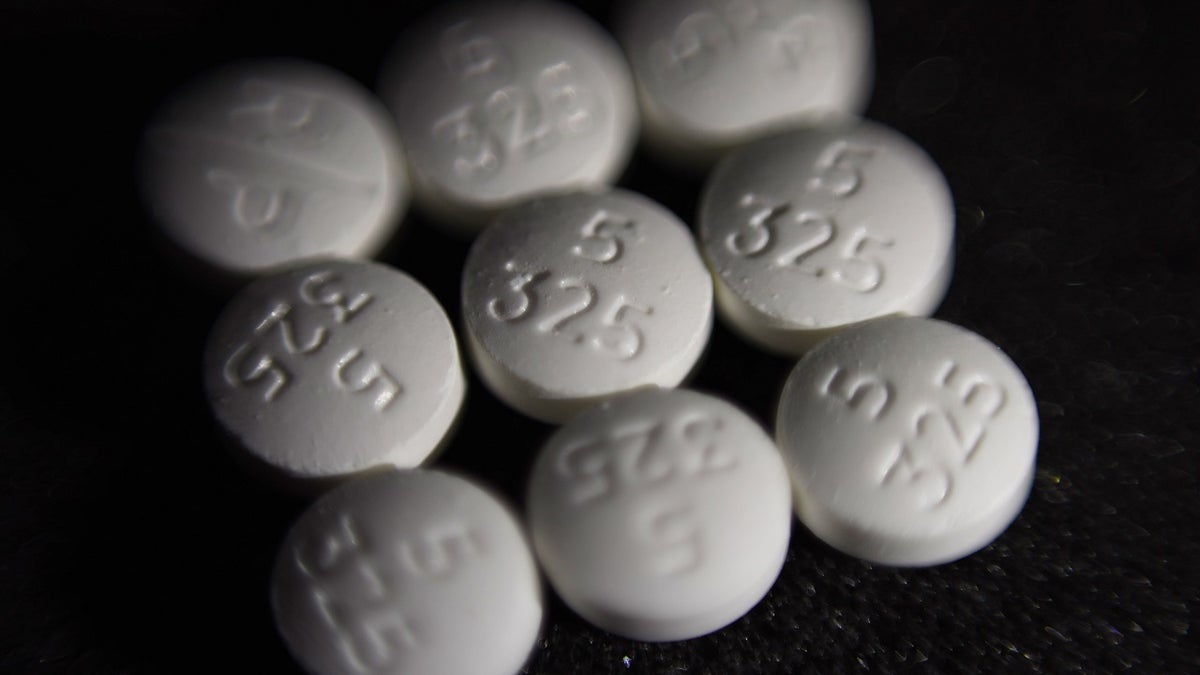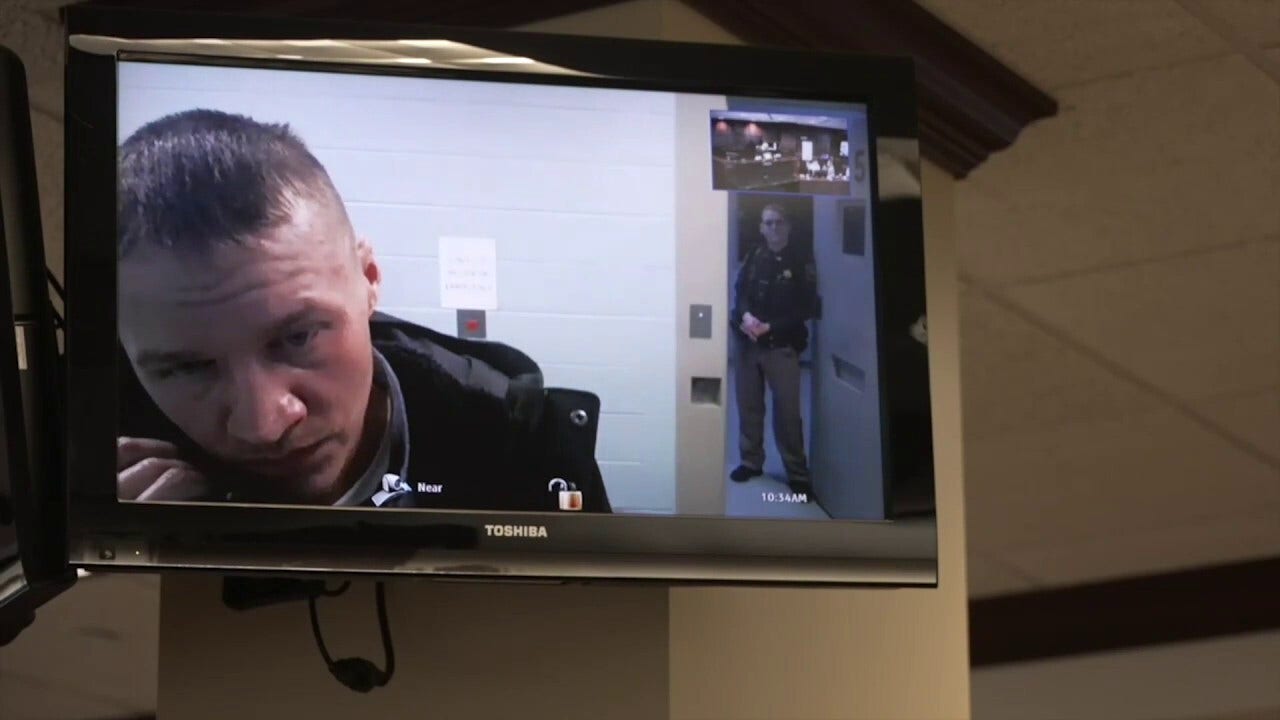City in Florida Allocates $1 Million in Opioid Settlement Funds to Nonprofits Addressing Addiction
The city of St. Petersburg, Florida, is allocating $1 million from an opioid settlement to nonprofit organizations working to address the opioid crisis through treatment and recovery support services.
As part of the settlement, St. Petersburg will receive $6 million over 18 years.
St. Petersburg aims to tackle the pressing issue of opioid addiction head-on. The city’s leadership recognizes the depth of the crisis and is channeling funds to fill gaps in local resources. Grants are being made available for innovative proposals that are not already supported by current funding streams. The goal is to spark new initiatives that could profoundly impact the community’s approach to addiction recovery.
Innovative Grants for Life-Saving Initiatives
Grants will primarily target programs offering respite housing, overdose prevention strategies, and substance use education. There is a pronounced focus on harm reduction and peer support initiatives, which have shown efficacy in recovery pathways. As Matthew Schaefer, director of operations for Real Recovery Solutions, highlighted, the increased rates of addiction underline the unending need for support. This indicative sentiment captures the urgency behind the funding news delivered by the city.
Though Real Recovery Solutions, with its sober living facilities in Pinellas County, isn’t eligible for direct funding, it remains connected to nonprofits that can allocate these resources to individuals in need. Schaefer expressed hopefulness, stating, “Non-profits will fund maybe two to three weeks of sober living. This funding offers recovering individuals a chance to secure employment and independence.”

Addressing Accessibility and Demand for Detox Treatment
Accessing detox treatment remains a significant hurdle in the region. Schaefer pointed out that many detox centers, often reliant on private funding, necessitate upfront costs or insurance. Unfortunately, this creates a scenario where individuals in need face long wait times or even worse, are turned away. “They’re often told, ‘Hey, we’re three to five days out from a bed,’” Schaefer continued. The reality is stark; for many, those few days can tip the scales between life and death.
As the city works collaboratively with nonprofits, there lies a shared vision of reducing these wait times and increasing the availability of resources. The deadline for nonprofits to apply for the available grant funds is October 20, creating a timeline that holds the promise of new beginnings for many.

As St. Petersburg takes this monumental step, it encourages hope. Hope not only for those directly impacted by substance use disorders but for the community at large. The city serves as a reminder that collective efforts can lead to profound change, echoing sentiments rooted deeply in compassion and determination. With the wisdom of those who work tirelessly in recovery spaces, there’s an ongoing reminder that community and support can change lives, one grant at a time.






































